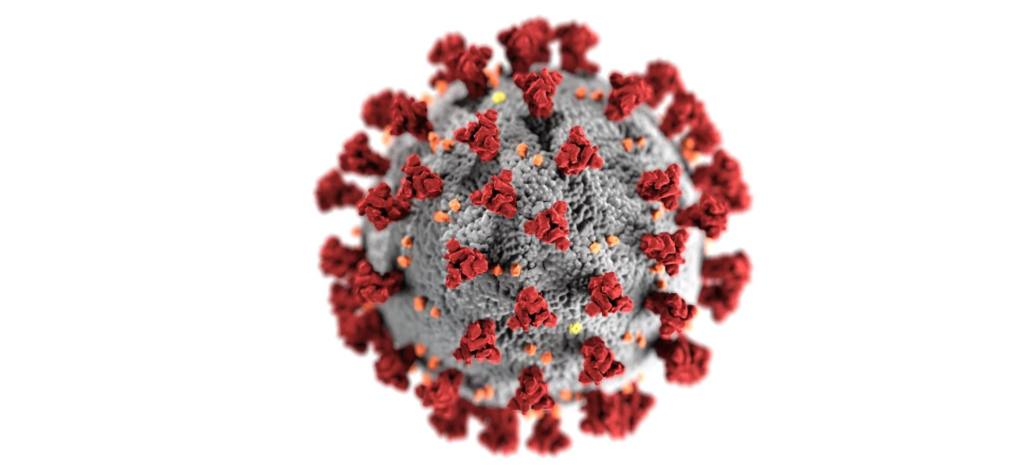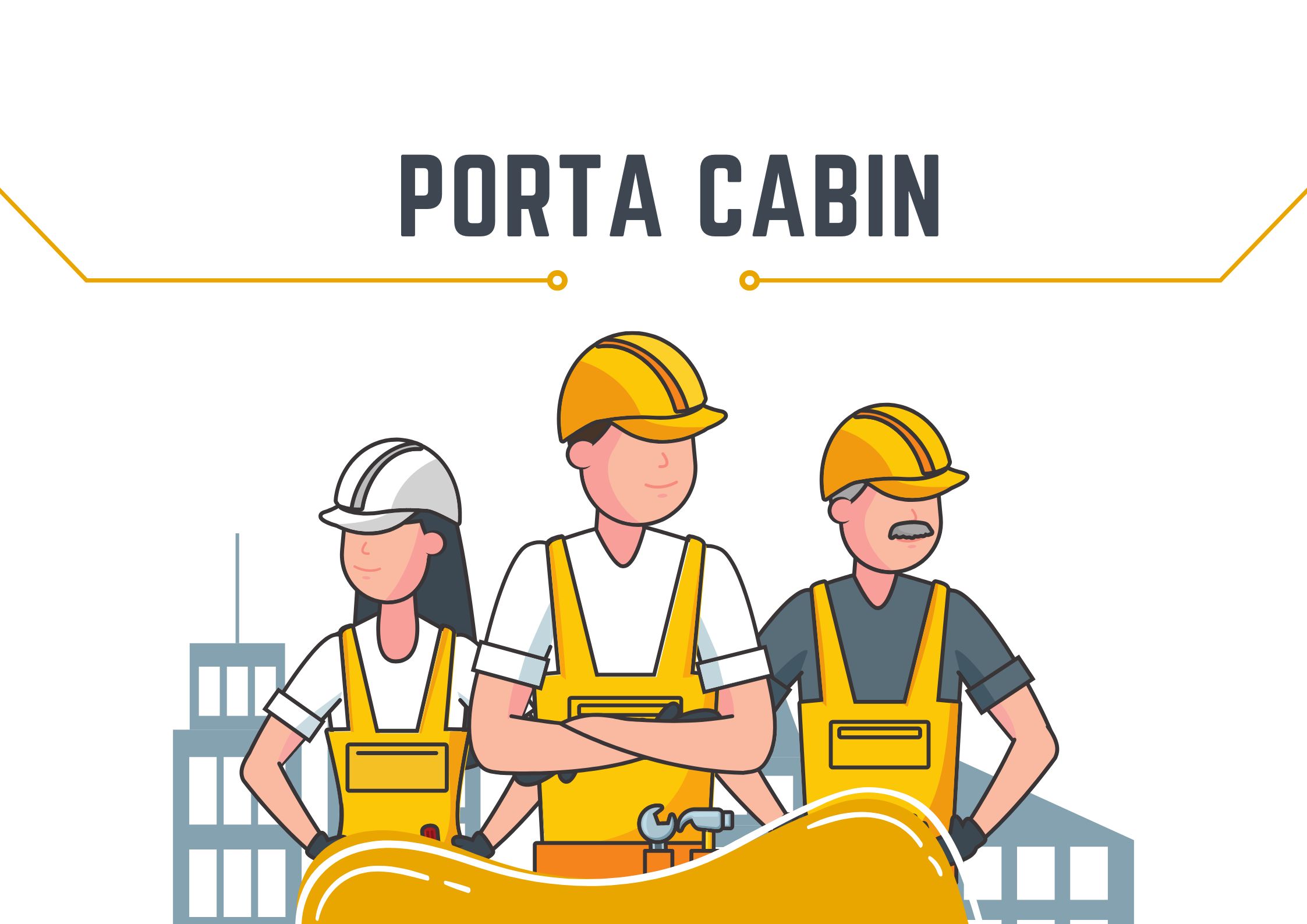The COVID-19 pandemic has had a profound impact on all aspects of our lives. From the way we work and socialize to the way we prioritize our safety and health, this global crisis has forced us to reevaluate our daily routines and habits. As we navigate through these uncertain times, it is crucial that we stay informed and take necessary precautions to protect ourselves and others. In this blog post, we will delve into the topic of safety and health with COVID-19, discussing key guidelines, best practices, and resources to help you navigate this challenging period.
Key Guidelines for Safety and Health during COVID-19
1. Wash Your Hands Regularly
Hand hygiene is one of the fundamental practices to prevent the spread of the virus. Make sure to wash your hands with soap and water for at least 20 seconds, especially after being in public spaces, using the restroom, or coughing and sneezing. If soap and water are not readily available, use a hand sanitizer with at least 60% alcohol content.
2. Wear a Mask
Face masks have become an essential tool in reducing the transmission of COVID-19. Wear a mask that covers your nose and mouth when you are in public, particularly in crowded areas or when social distancing is challenging. Masks serve as a physical barrier, preventing respiratory droplets from being released into the air.
3. Practice Social Distancing
Social distancing, also known as physical distancing, is crucial in minimizing the risk of contracting and spreading the virus. Maintain a distance of at least six feet from others, especially in situations where it is difficult to ensure proper ventilation and where individuals may be talking, coughing, or sneezing.
4. Stay Updated on Vaccinations
COVID-19 vaccines have been developed and authorized for emergency use in many countries. Stay updated on the latest information regarding the availability and distribution of vaccines in your area. Vaccination plays a pivotal role in protecting yourself and contributing to community immunity.
5. Clean and Disinfect Frequently Touched Surfaces
Regularly clean and disinfect frequently touched surfaces in your home and workplace. High-touch areas, such as doorknobs, light switches, and cell phones, can harbor the virus and facilitate its spread. Use EPA-approved disinfectants and follow the manufacturer’s instructions for effective cleaning.
Mental Health and Well-being
COVID-19 not only poses physical health risks but also has a significant impact on our mental health and well-being. The stress, anxiety, and isolation resulting from the pandemic can take a toll on our mental well-being. Therefore, it is crucial to prioritize self-care and seek support when needed.
1. Maintain a Routine
Establishing and maintaining a daily routine can provide a sense of stability and control amidst uncertainty. Set regular times for waking up, sleeping, eating, and engaging in activities that bring you joy.
2. Stay Connected
Social distancing measures can lead to feelings of loneliness and isolation. Stay connected with loved ones through virtual platforms, phone calls, or socially distanced activities. Connecting with others can provide emotional support and a sense of belonging.
3. Practice Self-Care
Engage in activities that promote relaxation, stress reduction, and self-care. This can include practicing mindfulness and meditation, engaging in hobbies, exercising regularly, and getting adequate sleep. Prioritizing self-care will boost your mental and emotional resilience.
4. Seek Support
Remember that reaching out for support is a sign of strength, not weakness. If you are struggling with your mental health, seek professional help from a therapist or counselor. Many mental health professionals offer remote counseling sessions to ensure accessibility during these challenging times.
Reliable Sources for COVID-19 Information
Amidst the abundance of information available, it is essential to rely on credible sources for accurate and up-to-date information about COVID-19. Here are some reliable sources you can consult:
- World Health Organization (WHO): The WHO provides comprehensive information on COVID-19, including guidelines, research, and global updates.
- Centers for Disease Control and Prevention (CDC): The CDC offers guidance for the public, healthcare professionals, and communities regarding COVID-19 prevention, testing, and vaccinations.
- National Health Service (NHS): The NHS provides information and updates on COVID-19 specific to the United Kingdom, including vaccination programs and guidelines.
- Government Health Department Websites: Many governments have dedicated health department websites where you can find local COVID-19 information, guidelines, and resources.
Remember to verify the source of information and ensure that it is reputable before incorporating it into your decision-making process.
Conclusion
The COVID-19 pandemic has challenged us in countless ways, but by prioritizing safety and health, we can navigate through this crisis more effectively. By following key guidelines such as hand hygiene, mask-wearing, social distancing, and staying updated on vaccinations, we can protect ourselves and those around us. Additionally, prioritizing our mental health and seeking support when needed is essential for our overall well-being. Remember to rely on reliable sources for accurate information and stay informed about the ever-evolving nature of the pandemic. By taking these steps and adopting a responsible and informed approach, we can contribute to the collective efforts in overcoming COVID-19 and ensuring a safe and healthy future for all




